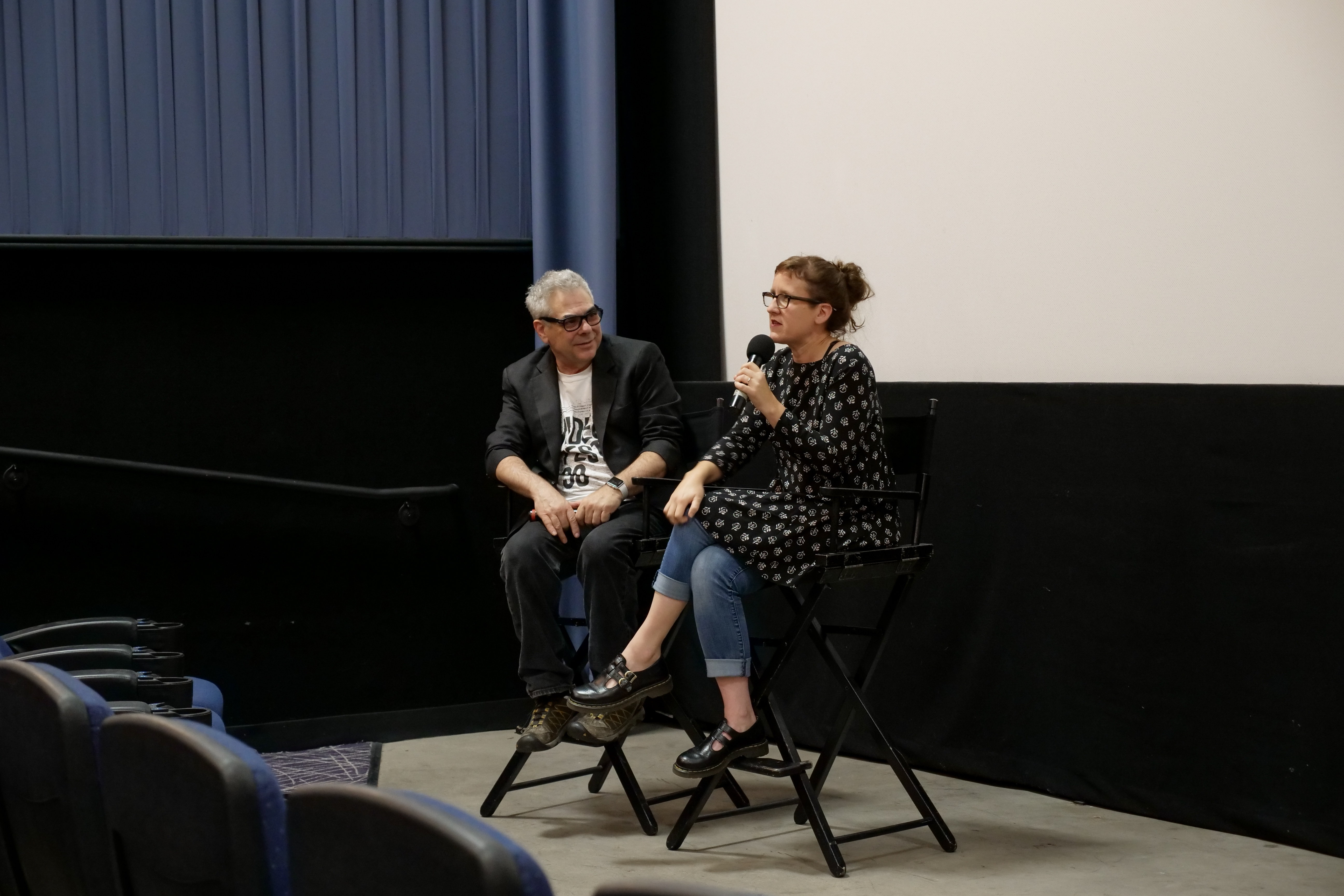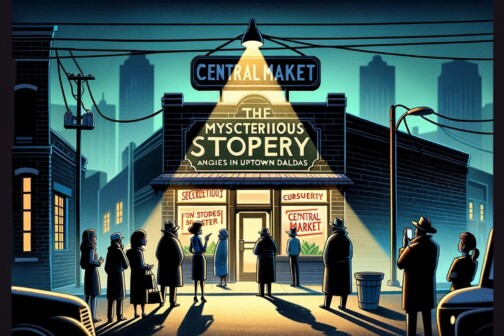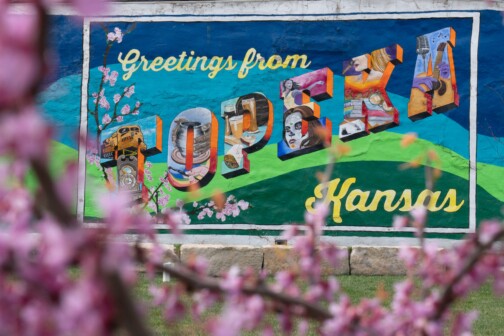Kat Candler’s work was known and championed by way-makers of filmmaking in Dallas like Bart Weiss from the beginning. Her 2004 short Roberta, whose title character suffers through Thanksgiving without a cigarette and a room full of domineering family members, was merely an interlude, she told KERA, a way to snap back in after a breakup veered her away from the camera. But those who saw it on KERA’s Frame of Mind were introduced to Candler’s empathetic style and fond eye to the everyday dramas of family life, that complicated haven around the dinner table where she’s lingered since.
So it makes sense that Candler has found, she says tearfully, her family, on the set of famed director Ava DuVernay’s Queen Sugar. The OWN network gem about siblings in Louisiana who navigate turns of accomplishment and strife in equal measure reaches its Season 2 finale tonight. The episode is directed by Candler, who, just last month, was promoted from producing director to executive producer and showrunner for Season 3. Her rise comes as the Director’s Guild of America reports record yet relative gains in the percentages of women and non-white directors working in TV.
For Dallas VideoFest’s AltFiction, Candler and Weiss sat together at the Angelika for a Q&A session on making the transition from film to television. She counts herself lucky to’ve been called up to join DuVernay’s all-female directing roster. The Selma director and Queen Sugar creator herself didn’t pick up a camera until she was 33 years old; the filmmakers she plucks from the line are new — or mostly new — to TV.
“These directors coming in with excitement and joy, doing it for the first time — it just makes something really magical and special,” Candler says. In 2015 DuVernay was giving the keynote speech at SXSW. She’d bumped into Candler in shared Sundance circles; Candler’s feature Hellion had premiered at that festival the year before. They linked up again in Austin, this time for good.
“We went to a little burger joint around the corner and she was like, I’m making a show called Queen Sugar and I don’t know if you’d be interested in directing,” Candler remembers. “This is after repeated doors being shut in my face.”
“Make art,” Candler remembers her saying. “Just make art in the frame.”
The result is a tender finish, the shots deep and slower, a noticeable dwelling in the moment. At VideoFest before Candler’s talk, attendees saw a screening of Season 2, Episode 1, directed by Candler. Her touch is seen most in the treatment of the relationship between characters Darla (Bianca Lawson), a young mother in recovery from drug addiction, and her son’s father Ralph (Kofi Siriboe), with whom she’s pursuing a relationship. Fragility and strength find a place together in the shots of their blossoming connection. Darla’s still-steadying presence is conveyed just as her deeply serious tone comes through. In the distance she’s resolved to bridge, the viewer feels what’s possible, one of Candler’s gifts in addressing trouble within families.
“I knew she would approach Queen Sugar with the same beautifully nuanced artistry as her film work,” DuVernay says. “What distinguishes Kat as a storyteller is her incredible eye and focused vision. I value her contributions to the series both as an artist and a leader.”
The transition for Candler has included access to a crane — and three times as many people on set she’s been used to as an independent filmmaker.
“You’re making, essentially, half a feature film in seven days — my last feature film was shot in 26 days,” Candler says.
Working hard for years on friends’ projects whenever she got the chance, Candler says those holistic connections made during shoots and at film festivals are responsible for what gets made.
The most important thing devoted filmmakers have that sets them apart, she says: “each other.”






